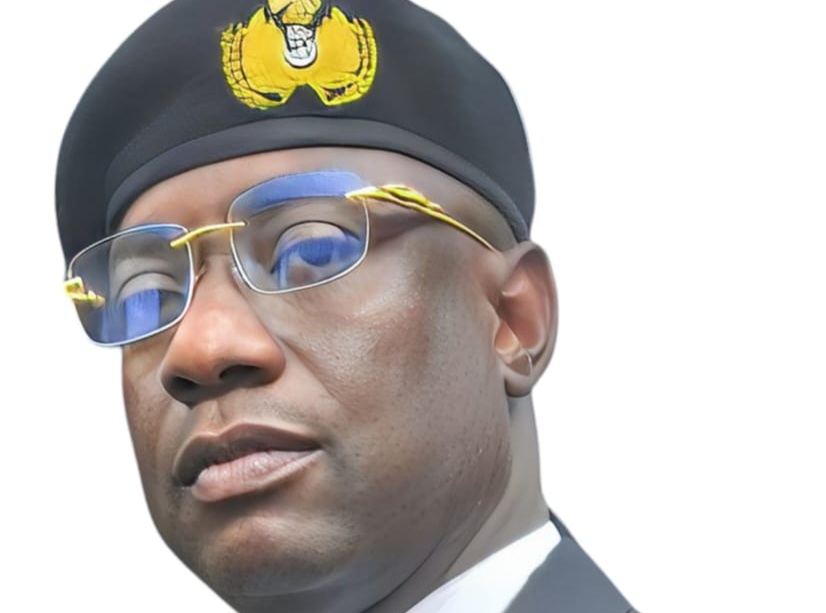
Anti-Piracy Security Head at Trident Group America Inc. and Dean of Faculty at City University, Prof. Alfred Oniye, has challenged opposition to the establishment of the proposed Nigerian Coast Guard by prominent retired Naval officers.
The debate surrounding the proposed Nigerian Coast Guard has intensified, as prominent retired navy officials, including Vice Admiral Dele Joseph Ezeoba and Rear Admiral Francis Akpan, along with the President of the Chartered Institute of Transport and Logistics (CILT-Nigeria), Mfon Usoro, voiced opposition to the Coast Guard bill.
The trio protested against the Coast Guard Bill in recent televised interviews, asserting that it could lead to duplication of the Nigerian Navy’s functions and cause anarchy in the country’s maritime space .
However, a rebuttal by a group led by Oniye challenged the assertions, emphasising that a coast guard would be a crucial addition to the country’s maritime framework.
In response, Oniye, issued a rebuttal, noting that the arguments against the Coast Guard failed to recognise the distinct and complementary roles that the Navy and the Coast Guard would serve.
Oniye asserted that, rather than duplicating efforts or causing disorder, establishing a coast guard would strengthen Nigeria’s maritime security, improve operational efficiency and address specific maritime challenges more effectively.
He explained that the Navy’s primary mandate is national defence, focusing on military operations and securing the nation’s maritime borders against external threats.
In contrast, a coast guard would concentrate on law enforcement, search and rescue, environmental protection and enforcing maritime regulations within Nigeria’s territorial waters.
Nigeria, Oniye noted, faces unique maritime challenges such as piracy, illegal fishing, smuggling, and environmental degradation, which a specialised Coast Guard would be better equipped to tackle with focused strategies and resources.
The anti-piracy security expert added that the Navy’s military training and equipment are not always suited to these civilian law enforcement tasks.
Oniye further explained that a Coast Guard would also improve response times to maritime incidents and enhance coordination with other national and international agencies, leading to more effective management of Nigeria’s maritime resources and better protection of its maritime interests.
Currently, he said, the navy is stretched thin, tasked with both defence and law enforcement duties, a dual role that can result in operational inefficiencies and resource constraints.
A dedicated coast guard, he suggested, would alleviate this burden, allowing both entities to operate more effectively within their respective domains.
“The establishment of a coast guard would allow the navy to focus on its defence responsibilities while the coast guard handles civilian maritime issues. This division of labour is not only efficient but aligns with international best practices observed in countries with robust maritime security frameworks, such as the United States and the United Kingdom,” Oniye argued.
In his interview, Ezeoba argued that the bill’s provisions mirror the navy’s responsibilities, potentially creating conflicts between agencies and eroding trust.
Ezeoba suggested that resources and efforts currently directed toward the Coast Guard bill would be better spent on consolidating and strengthening the Navy’s existing capabilities.






